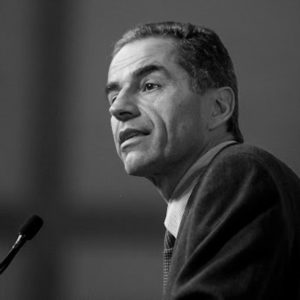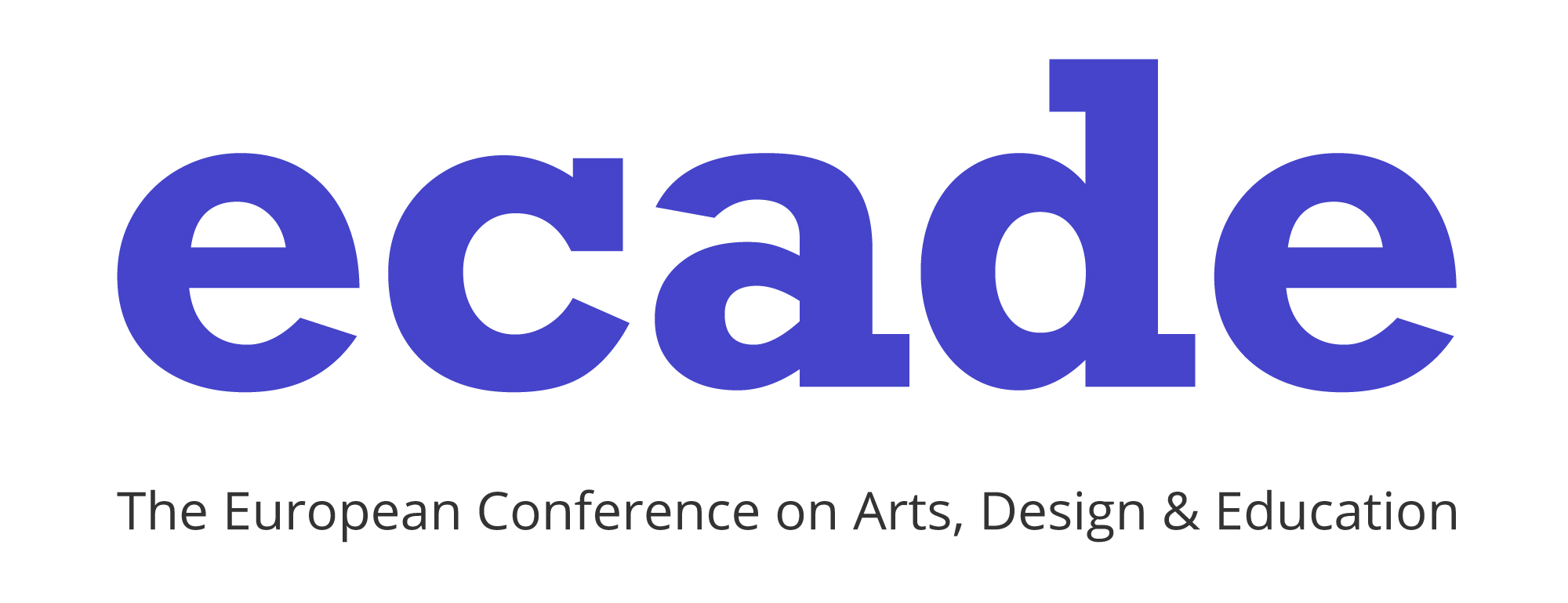“Beyond a Dialogue between the Sciences and the Arts in Times of Uncertainty” by Manuel Heitor of the Center for Innovation, Technology and Policy Research, IN+/IST – University of Lisbon, and former Minister for Science, Technology and Higher Education, Government of Portugal, has been announced as a keynote to be presented at The European Conference on Arts, Design & Education (ECADE2022), on-site and online from the University of Porto, Portugal.
To participate in ECADE2022 as an audience member, please register for the conference.
The presentation will also be available for IAFOR Members to view online. To find out more, please visit the IAFOR Membership page.
Abstract
Beyond a Dialogue between the Sciences and the Arts in Times of Uncertainty
Understanding “Human Agency” and the Need to Guarantee Responsible, People-centred and Climate-aware Systems for our Common Good in a Decentralised and AI Driven Digital Age
This lecture relies on the hypothesis that current challenges associated with increasing uncertainties of modern western societies must lead us to safer, cleaner and more resilient forms of digital governance and forms of institutional innovation that must necessarily be centred on people but, above all, be oriented through our collective knowledge. Recent unexpected threats to our common safety and public goods, including public health, such as the COVID-19 pandemic, the increasing activity of individual digital terrorism or the Russian invasion of Ukraine, have shown that our societies are not as safe as we thought. In association with other recent political decisions and movements, such as Brexit among many other nationalistic movements and trends, we are facing unprecedented threats that should foster a clear call for action.
Evolving forms of technology governance, including the regulation of digital platforms and digital standards, should be oriented to promote “digital humanism” and guarantee a transdisciplinary approach to collective behaviours and the consideration of “human agency”. They should ensure that citizens, at large, have better knowledge of digital services and digital providers, together with improved user responsibility in an emerging decentralised digital age and AI-enabled innovations. Although most of the current debate is dominated by new technological advancements of products and services in the financial industry (i.e., Fintech), as well as related issues associated with blockchain in the context of cryptocurrencies, the acceleration of decentralisation and AI affects a quite diversified set of actors and sectors of activity and all of our daily life, from industry and critical infrastructures to the arts (e.g., NFTs, non-fungible tokens).
We focus this lecture on the need to guarantee our collective responsibility towards carbon neutrality, avoiding a climate disaster, as well as promoting our global safety. This requires new research on emerging forms of knowledge production and diffusion, together with the need to understand “collective behaviours” through new transdisciplinary approaches, moving beyond a dialogue between the sciences and the arts. Above all, these issues should contribute definitely to technology governance of decentralised digital networks and an increasingly massified use of AI.
A few case studies are provided, including sustainable land management for carbon neutrality, the preservation of coastal areas and the protection of space assets in the era of “New Space”.
Empowering users and citizens, at large, will promote the need to educate and train every single citizen, while ultimately avoiding dominant economic or political interests, as well as digital terrorism and related individual malfunctions. The rules of governance must boost research and innovation, foster growth and competitiveness and help smaller companies and start-ups to compete with very large players, in particular those who have the ability to copy their features, acquire them or block their business. New governance models must facilitate access and use of data by consumers, while providing incentives for them to invest in ways to generate value through data in association with “human agency”. It includes the combination of anonymized data from different sources to produce new and valuable insights and services. In addition, rules should evolve in a way to fight against “mendacity” and, in contrast, to foster "fact-checking". Also, to promote safeguard situations of illegal transfer of data without notification, for example by the “cloud” service provider without traceability, while promoting the development of interoperability standards so that data is reused across sectors.
Speaker Biography
Manuel Heitor
Center for Innovation, Technology and Policy Research, IN+/IST – University of Lisbon; former Minister for Science, Technology and Higher Education, Government of Portugal

He is a Full Professor at the Instituto Superior Técnico, University of Lisbon, at the Center for Innovation, Technology and Policy Research, IN+/IST, and holds a PhD from Imperial College London in Mechanical Engineering (Experimental Combustion, 1985).
He did postdoctoral studies at the University of California, San Diego, 1986, and later pursued an academic career at the Instituto Superior Técnico, Lisbon, where he started his research activity in the area of energy and environment, with emphasis on Fluid Mechanics and Experimental Combustion.
He served as Deputy President of the Instituto Superior Técnico between 1993 and 1998, and since the early 1990s has been devoted to the study of science, technology and innovation policies, including higher education policies and management. In 1998 he founded the Center for Innovation, Technology and Policy Research, IN+, of IST, which was named in 2005 as one of the Top 50 global centres of research on Management of Technology, by the International Association for the Management of Technology, IAMOT.
He has coordinated, among others, IST's PhD programmes in Engineering and Public Policy and in Engineering Design and Advanced Manufacturing Systems. He was Research Fellow at the University of Texas at Austin, at the IC2 Institute, Innovation, Creativity and Capital, and during the academic year 2011/12 he was Visiting Professor at Harvard University, both in the United States of America.
He was Minister for Science, Technology and Higher Education in the Government of Portugal from 2015-2022 and Secretary of State for Science, Technology and Higher Education between March 2005 and June 2011. He served for more than 12 years in the Government of Portugal.

